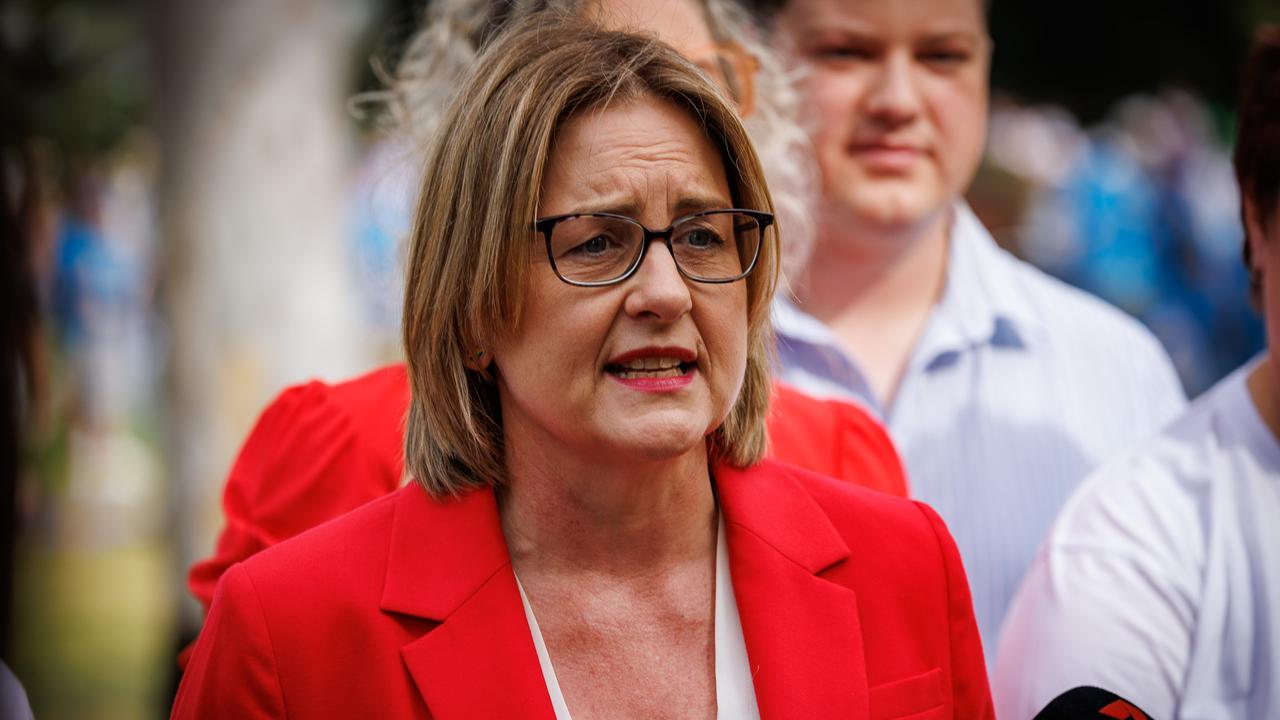George Pell has escaped jail but his reputation is on bail.
The child sex abuse royal commission’s full monty is a highly critical assessment of what it believes the cardinal knew and when. And what he didn’t do with that information.
It directly challenges his evidence on the relentless abuser Gerald Ridsdale in Ballarat and the handling of the complaints against the late, disgraced priest Peter Searson in Melbourne.
It suggests Pell had concerns about the potential for Ridsdale offending as early as 1973 and there were doubts about prolific abuser Brother Ted Dowlan in Ballarat in the early 1970s.
In several cases — Ridsdale, Searson and Dowlan — the commission is essentially asking whether Pell, now 78, failed to act sufficiently on information it found was in his possession.
At least that is a sensible interpretation of the report.
Should we be surprised that the unredacted commission chapters were so hard on the cardinal? Not at all. The commission has landed pretty much where it was always going to.
Pell’s post-jail utterance that he didn’t expect the commission to come down hard on him was surprisingly ill-informed, given counsel assisting the inquiry had flagged where it was heading.
It was the criminal prosecutions against Pell that prevented the royal commission revealing all when it reported in 2017.
Supporters of Pell will point to a few elements in the unredacted chapters in the cardinal’s defence, specifically the failure of people like David Ridsdale — Gerald’s nephew — to get their way.
Pell was a relatively junior priest when he served in Ballarat and the man most culpable for what happened in the diocese was the corrupt and cavalier bishop, Ronald Mulkearns, who consigned hundreds of children to lives of misery at the hands of the likes of Ridsdale.
But let’s not forget that George Pell was always — and I mean always — the smartest bloke in the room when he was rising through the ranks.
There might have been a room full of consultors when Ridsdale was shipped out of Mortlake to Sydney after raping and pillaging his way through western Victoria.
But Pell was there, and if we believe the commission’s narrative, it was up to him and the other consultors to call bullshit on Mulkearns’s criminality.
Of course, the commission found that Pell did know that Ridsdale was an offender and as far back as 1973 the cardinal had concerns about the rapist’s behaviour.
To an extent, Pell will be publicly flogged for being the relentless company man that he is.
Rather than calling out sharply and definitively the abuse in his midst, he failed to do enough to help the Ballarat diocese’s most vulnerable.
There is nothing to suggest that Pell will face any serious repercussions from the report, certainly nothing that will see him returning to the clink.
Nor does the report in any way justify the injustice he suffered through the failings of the Victorian legal system, which jailed him for what was nothing more than a legal beat-up.
What it does, however, is raise yet more questions about the failures of the Catholic establishment to deal with this historical offending.
Ridsdale abused hundreds after 1973, when the report found Pell “turned his mind to the prudence of Ridsdale taking boys on overnight camps’’.
That Pell also had been tipped off about possible offending at St Patrick’s College in Ballarat in the early 1970s just adds water to the muddy swamp that is Catholic abuse.



